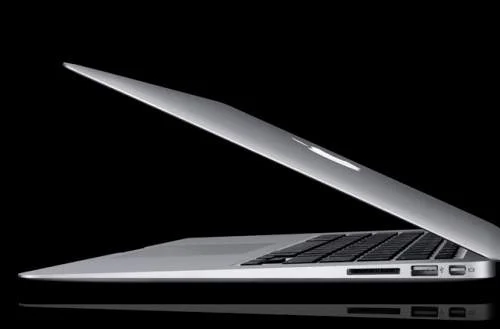A new report claims future Apple laptops will be powered by RISC-based ARM chips, rather than Intel x86 processors.
Although speculation over such a move is hardly new, SemiAccurate’s Charlie Demerjian says Cupertino has already reached its decision, making the switch a “done deal.”

“Apple is moving the laptop line, and presumably desktops too, to ARM based chips as soon as possible. With A15/Eagle allowing more than 32-bit memory access, things look up, but it seems silly to do so before the full 64 bit cores come in the following generation,” explained Demerjian.
“Nvidia is directly telling certain favored analysts that they will have Denver out in Q4 of 2012, maybe Q1/2013, and that uses the full on 64-bit ARM instruction set. It won’t be out by then, but that gives you a good estimation of when that ISA will break cover from one vendor or other. Think mid-2013.”
According to Demerjian, x86 is “history” on Apple laptops, or will be just 2-3 years.
“It is a done deal, Intel is out, and Apple chips are in. The only question left is if they will use their own core, a Samsung core, or the generic ARM black box.
“My bet is on generic for the first round, with a custom uncore, and moving to progressively more proprietary features with each successive generation,” he added.
Unsurprisingly, Arnold Kim of MacRumors expressed skepticism over SemiAccurate’s report.
“[Yes], Apple has made a heavy investment in the ARM architecture which presently powers their iOS line of products. Apple even made the bold move to take ARM processor design in house with the acquisition P.A. Semi and Intrinsity,” he said.
“Still, a transition of their Mac line over to a different processor architecture is hard to accept. While Apple did previously succeed in such a transition in the past with the PowerPC to Intel, it was not without an incredible amount of engineering to ease the process.”
Indeed, as Kim points out, existing Mac OS X apps would be incapable of running on ARM processors without some form of emulation. As such, “classic” applications would likely be recompiled to support RISC-based architecture.






